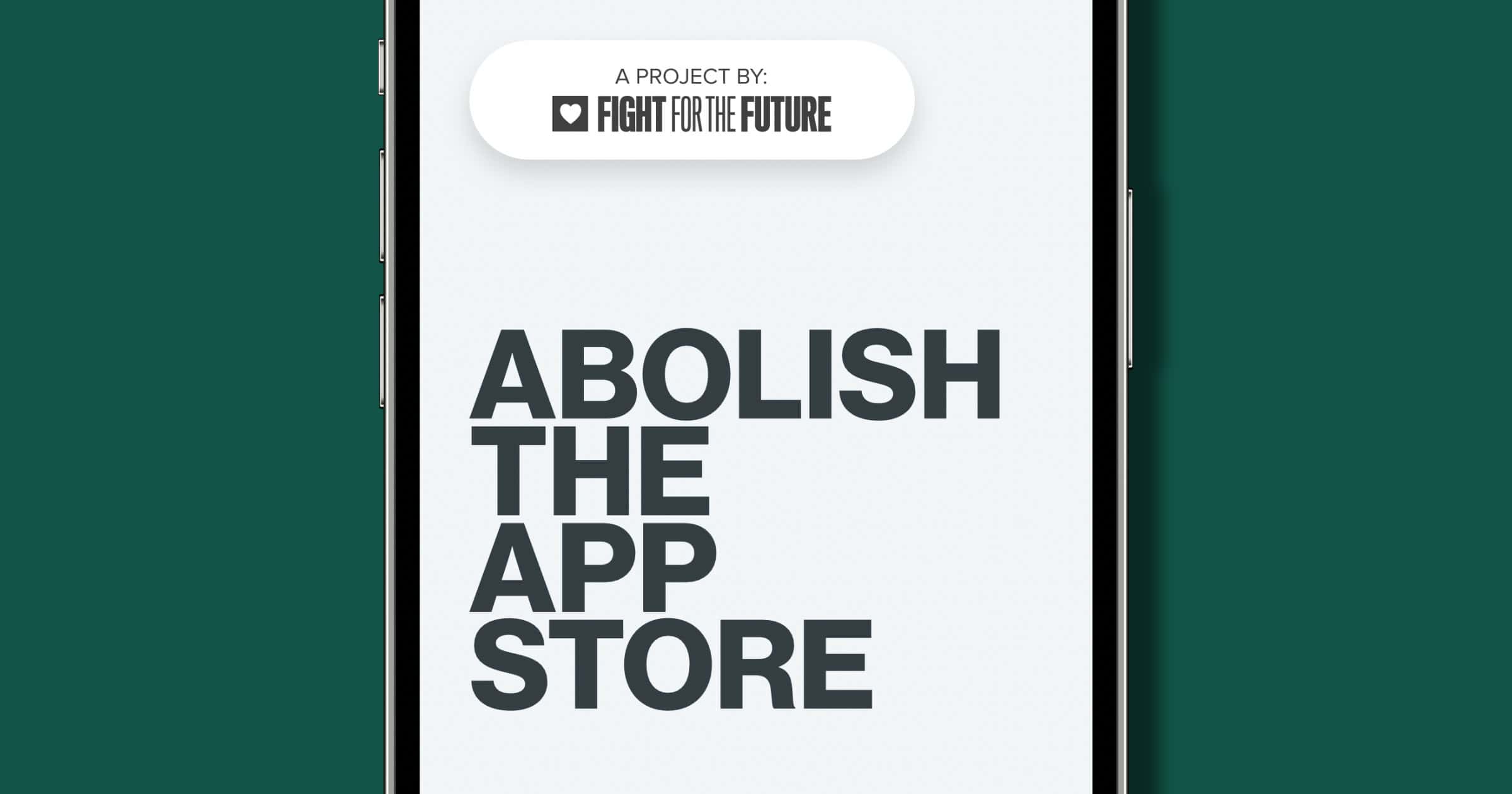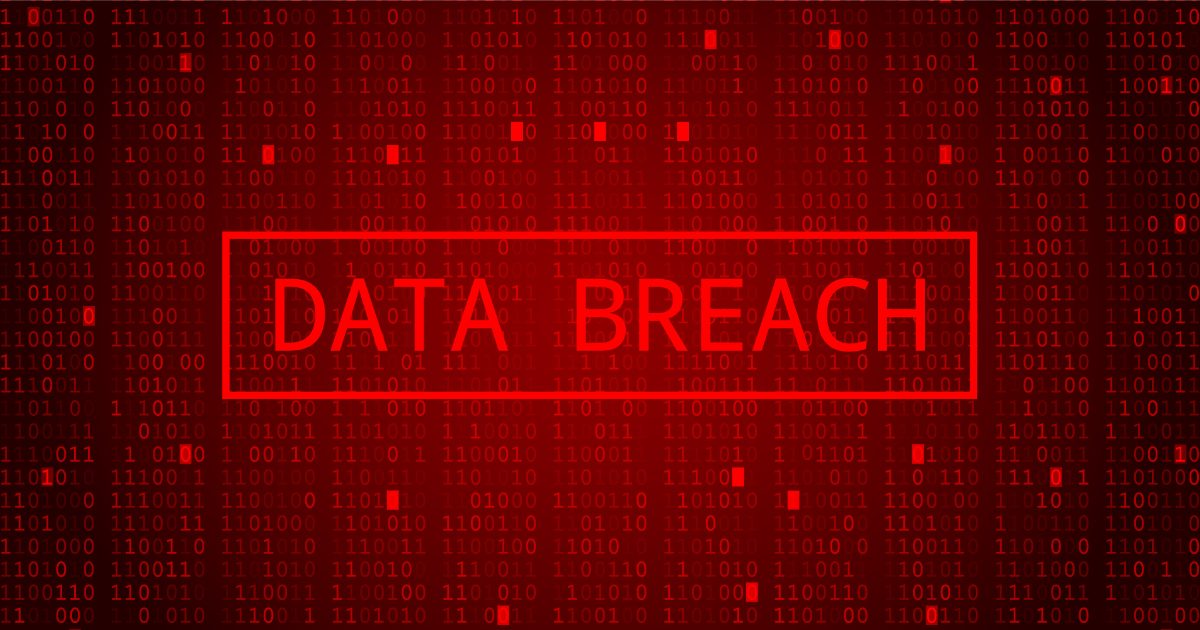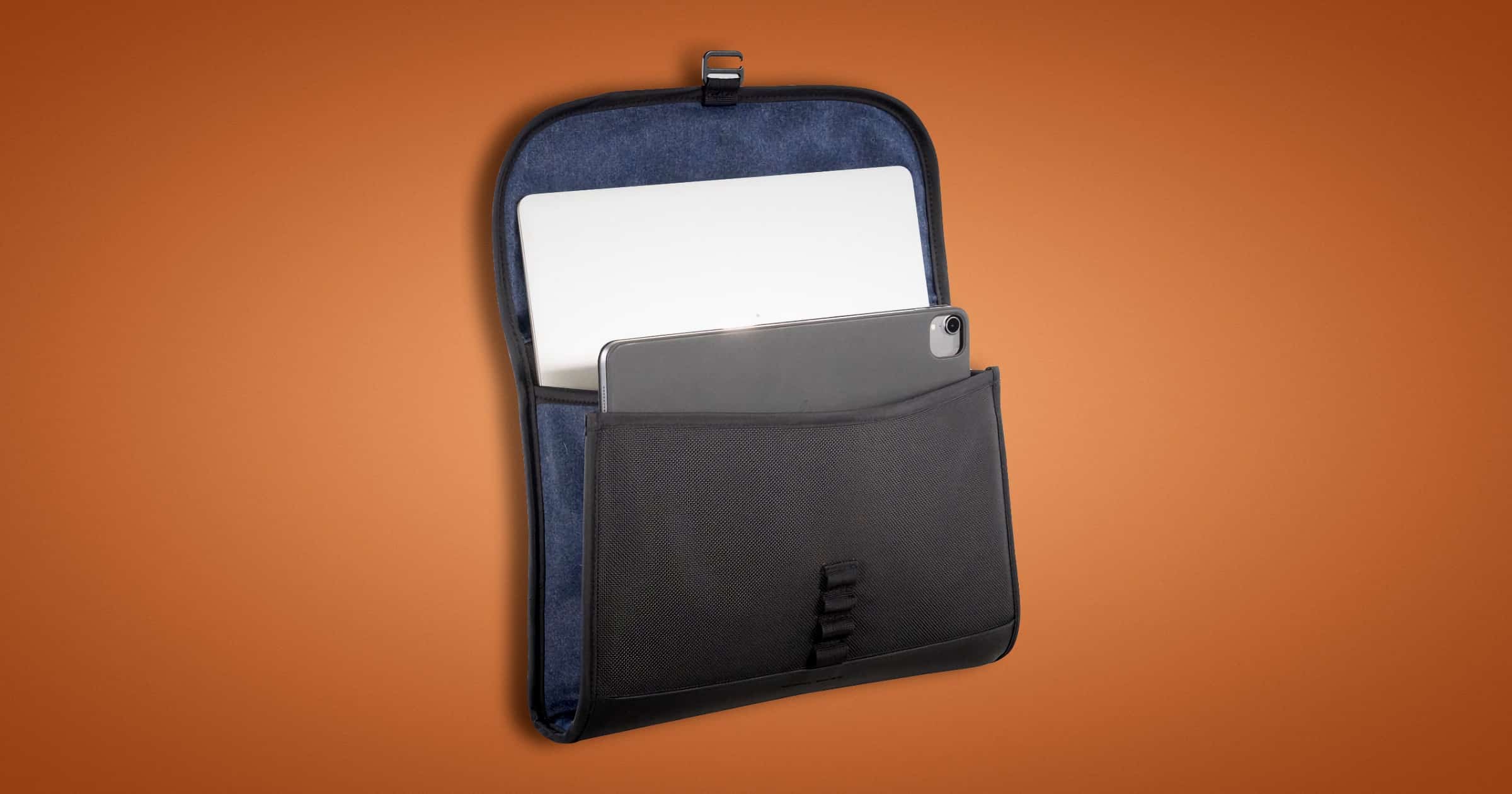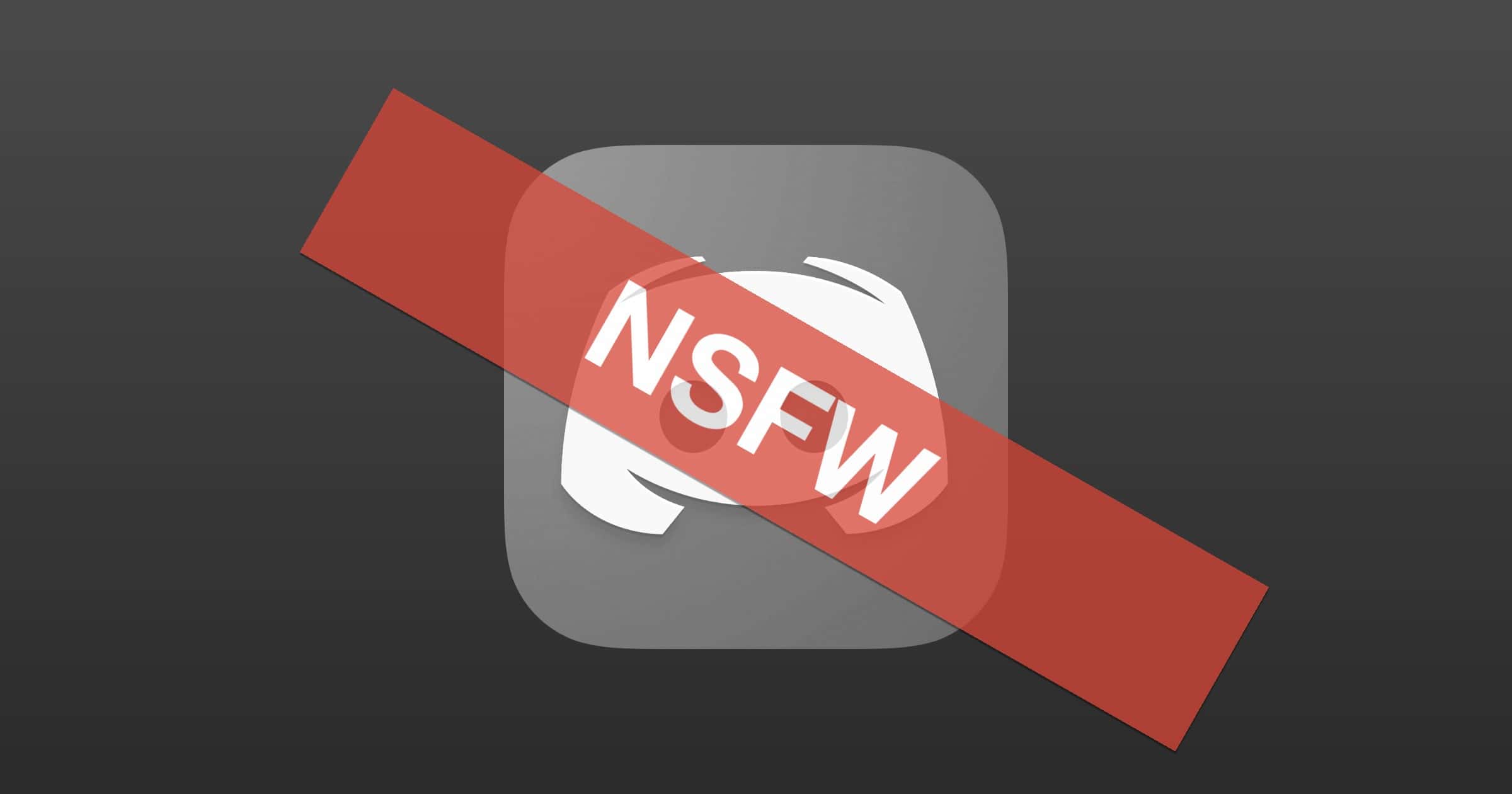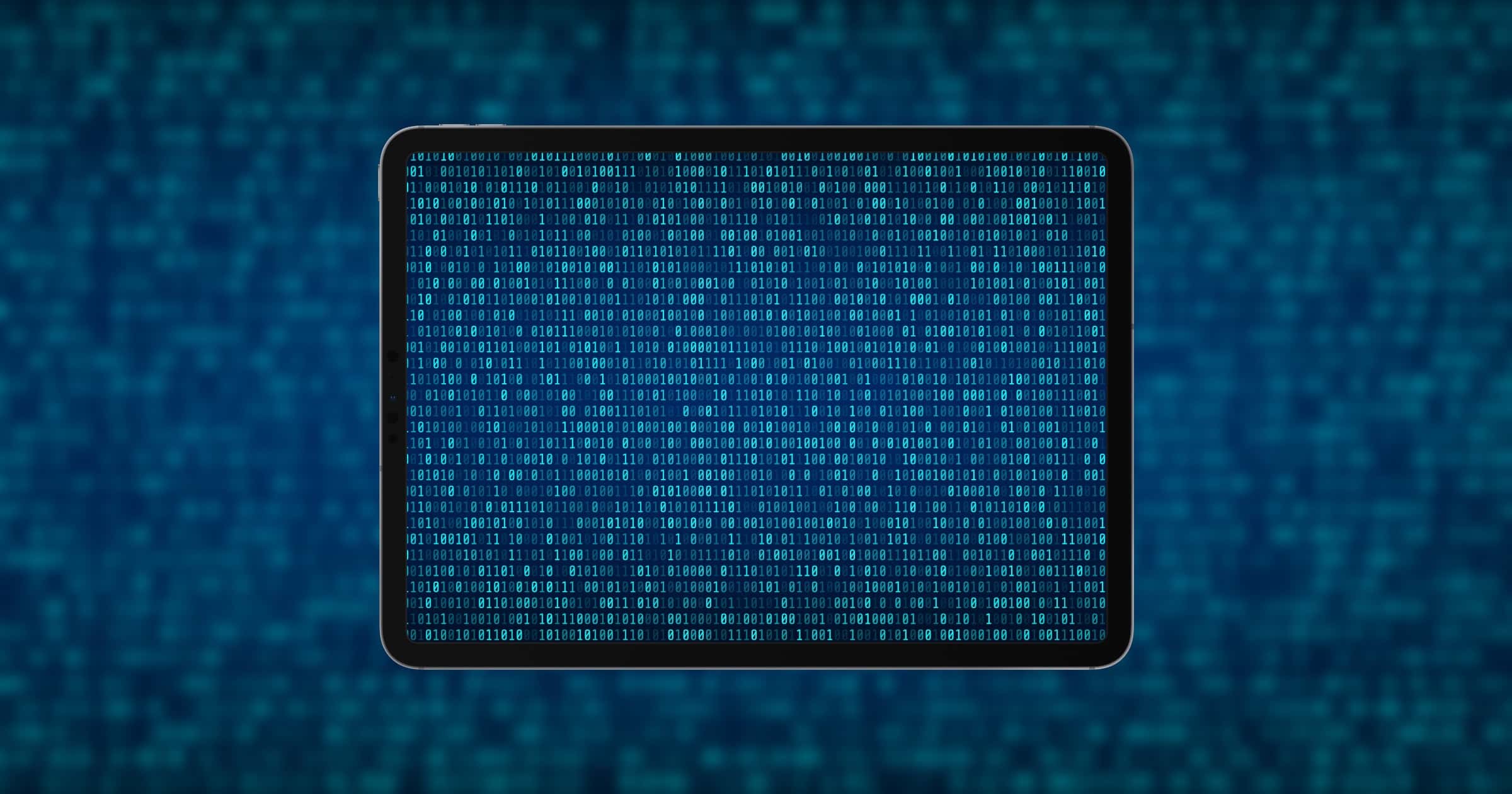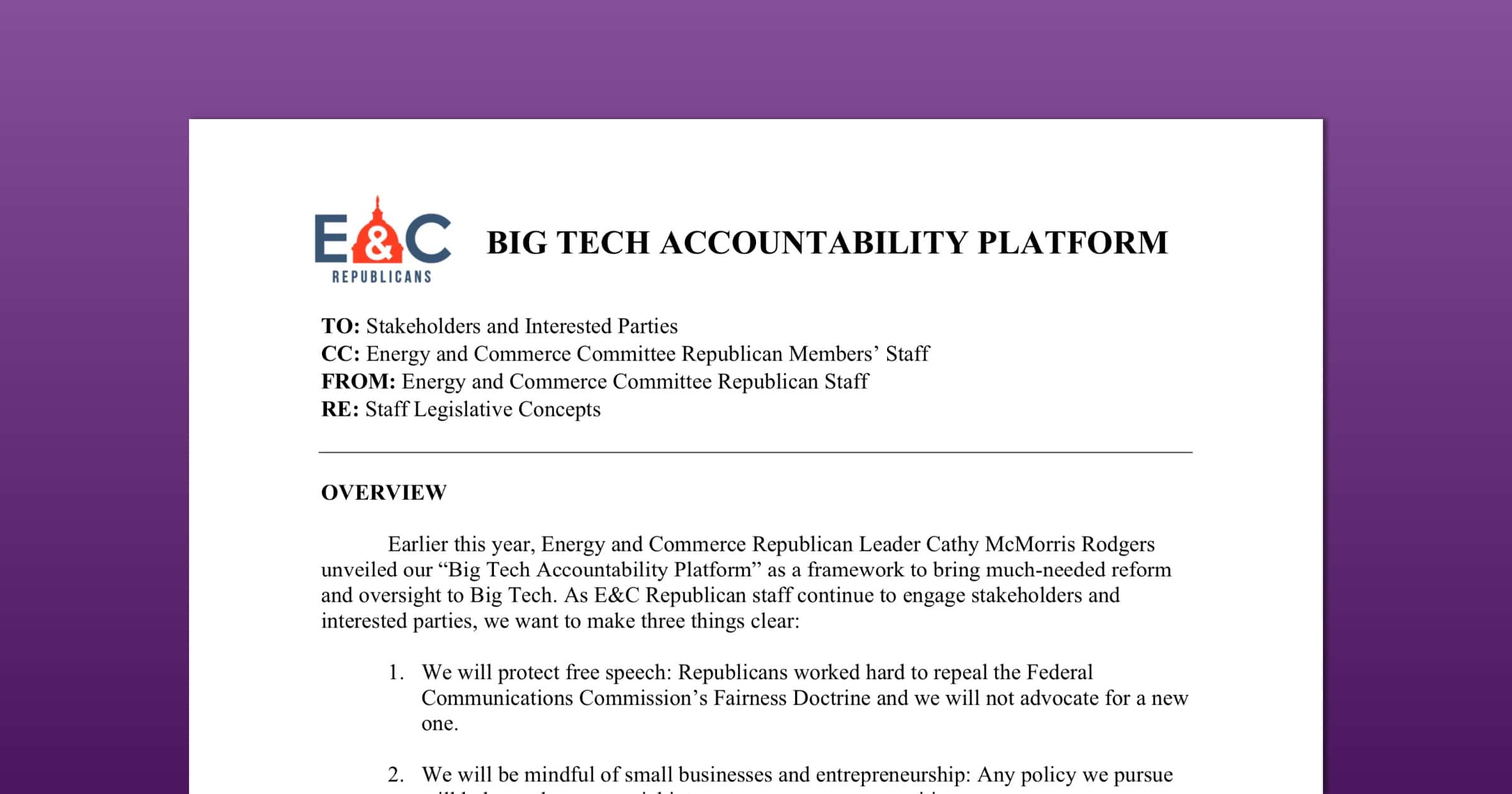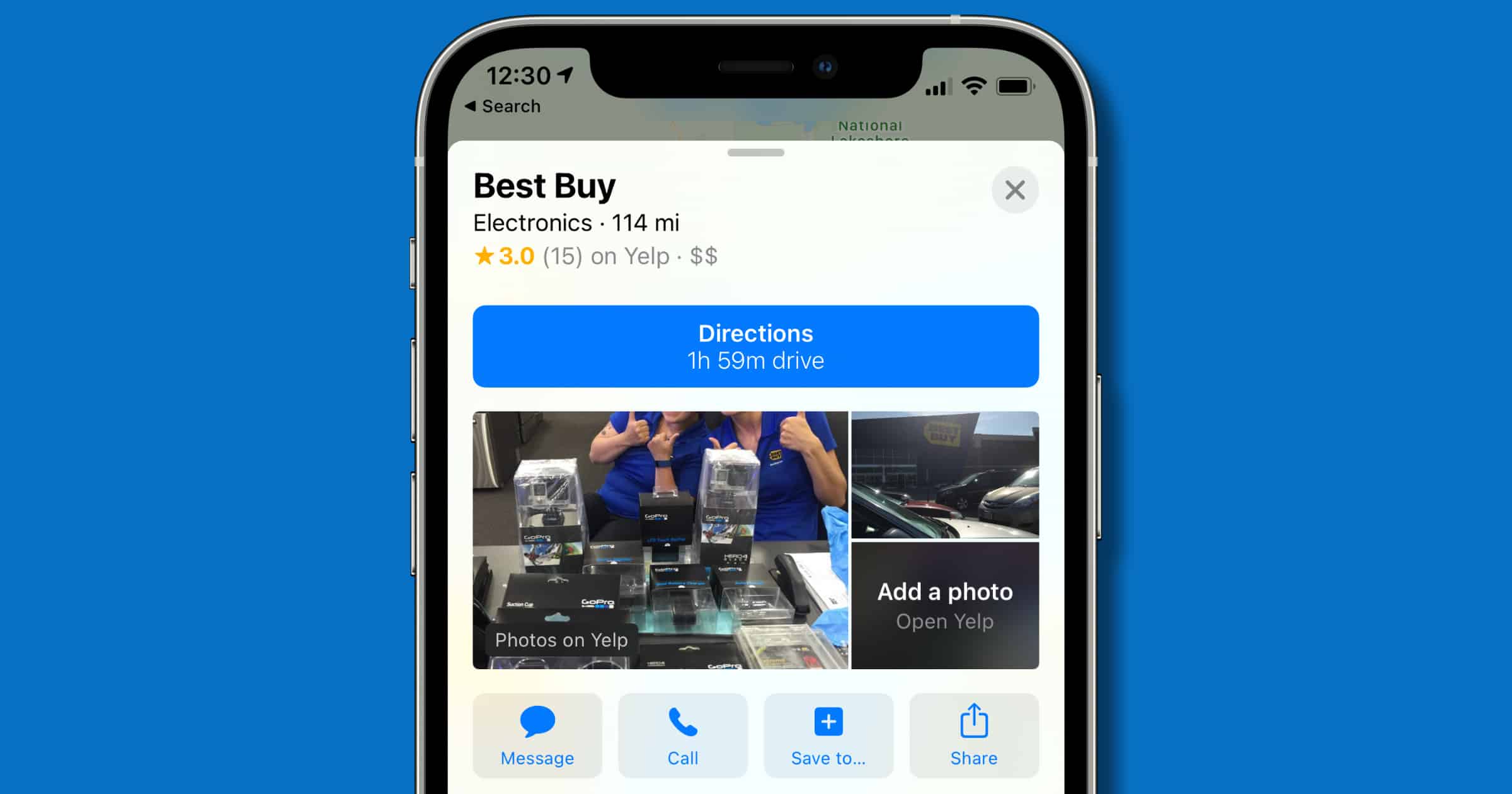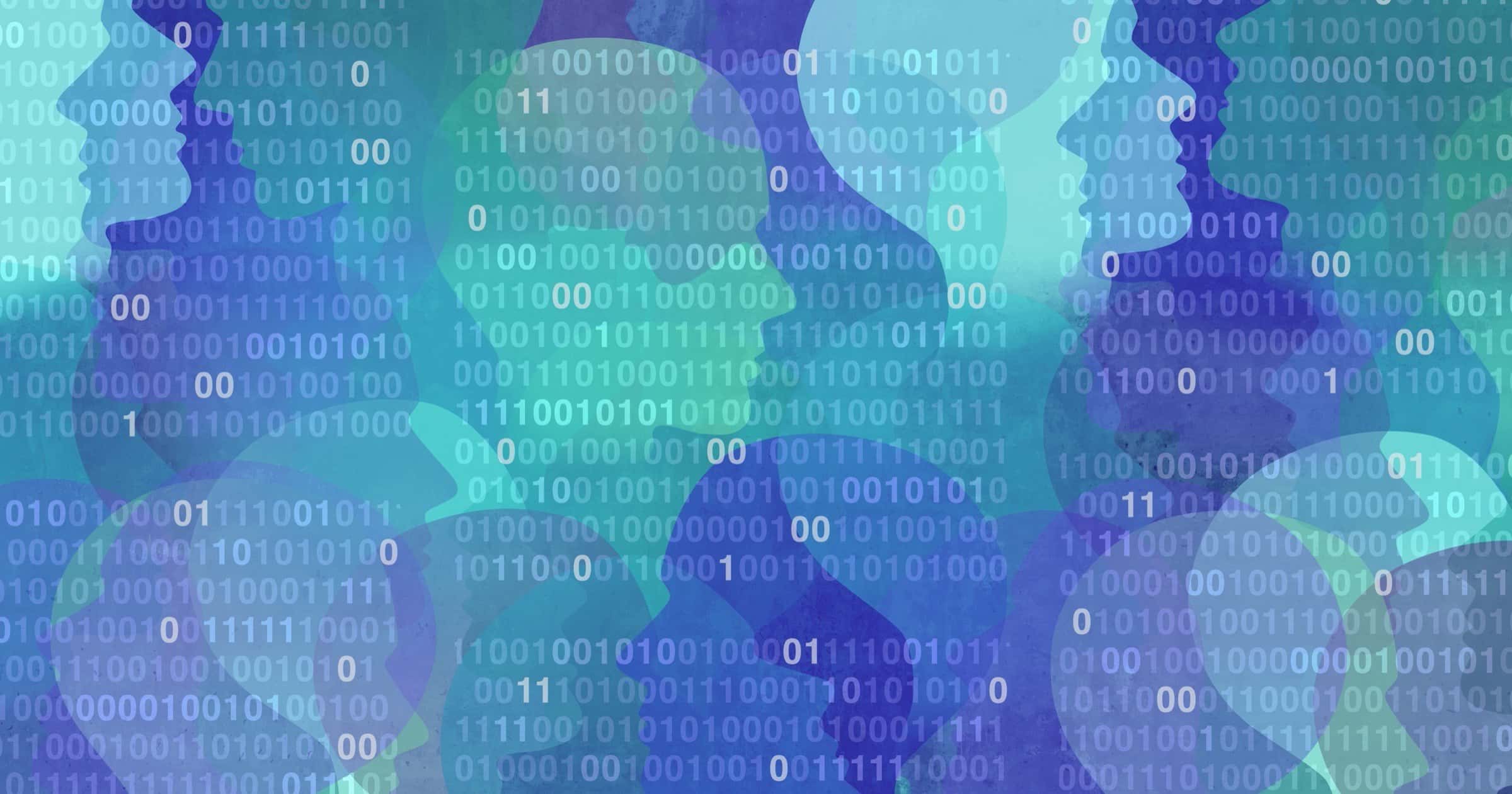Brydge is releasing a MAX+ wireless keyboard with multi-touch trackpad that works with the 12.9-inch iPad Pro.
Articles by Andrew Orr
One Man Shows How The App Store Has a Scam Problem
As Apple faces scrutiny in the Senate, a man named Kosta Eleftheriou is challenging Apple in another way: By finding scam apps.
VIOFO Launches 1080p Webcam + Microphone With Privacy Cover
VIOFO announced on Tuesday the release of its P800 1080p webcam plus microphone combo, and it comes with a privacy cover built into it.
Authoritarian Governments May Not Like Satellite Internet
An interesting report today examines how authoritarian governments will handle the challenge of satellite internet like Starlink.
Russia’s space chief Dmitry Rogozin, in August of 2020, said that Starlink is “a rather predatory, clever, powerful, high-technology policy of the USA, which uses Shock and Awe in order to advance, before all, their military interests.” Rogozin publicly stated the more humanitarian aspects of Starlink, in that it would provide internet access to people living in remote areas, “nonsense.”
REvil Ransomware Crew Extorts Apple With Device Schematics
Timed with Apple’s spring event on Tuesday, the group behind REvil ransomware claims to have secret device schematics hacked from Quanta Computer.
Car Consortium Brings Ultra Wideband to Digital Car Key Spec
The Car Connectivity Consortium is adding Bluetooth Low Energy and Ultra Wideband connectivity to its Digital Key 3.0 specification.
Digital Rights Group Calls on Congress to Abolish the App Store
The Senate Judiciary Committee is preparing to hear testimony from app developers regarding the App Store. In preparation, Fight For The Future has created AbolishTheAppStore.org.
By centralizing software distribution through the App Store, Apple is upholding the unjust laws of authoritarian regimes and restricting innovation in the mobile software industry. We believe that iOS should work like every other general purpose computing system, including Apple’s own MacOS. Developers should be free to create — and users should be free to install — software directly onto the devices that they own without asking for Apple’s permission.
Long-Rumored AirTag Launches for $29 Each
AirTags have been rumored for roughly two years and on Tuesday Apple finally announced them. They will work with the Find My app.
New iMac Brings M1, 7 Colors, and 4.5K Retina Display
The iMac has been completely redesigned to give customers an M1 chip, a thin, 11.5mm 4.5K Retina display, and a 1080p FaceTime HD camera.
iPad Pro Gets Liquid Retina XDR Display With M1 Chip
A surprising new update announced at Apple’s spring event involves the iPad Pro with an M1 chip and a Liquid Retina XDR display.
Shared Apple Card Users Can Now Build Credit Together
Apple Card was the first product announced at the company’s spring event on Tuesday, and a new feature called Apple Card Family is coming.
Geico Data Breach Exposed Driver’s Licenses in Early 2021
Geico revealed a data breach that occurred on its systems and hackers accessed driver’s licenses.
The insurance giant did not say how many customers were affected by the breach but said the fraudsters accessed customer driver’s license numbers between January 21 and March 1. Companies are required to alert the state’s attorney general’s office when more than 500 state residents are affected by a security incident.
Geico said it had “reason to believe that this information could be used to fraudulently apply for unemployment benefits in your name.”
WaterField Releases a 2-in-1 iPad Pro, MacBook Sleeve
WaterField announced on Tuesday a Double-Take Sleeve that can store an iPad Pro with Apple Pencil and a MacBook Pro.
Venmo Now Supports Buying, Selling, Holding Cryptocurrency
Venmo is rolling out support to buy, sell, and hold cryptocurrencies for its 70 million user base, supporting for coins to get started.
Discord Reverses Decision to Block NSFW Content on iOS
Discord has reversed its decision to block NSFW content for its iOS app. Now it only applies to certain servers.
Malvertising Campaign ‘Tag Barnakle’ Infected 120 Ad Servers
First discovered a year ago, malvertising campaign Tag Barnakle has infected over 120 ad servers to insert malicious code into ads.
Stein says that while last year Tag Barnakle had targeted users of desktop browsers with redirects to malware download sites, over the past year, the gang has switched to going after mobile users and redirecting them to online scams peddling various scammy products.
Memo Reveals How Lawmakers Want to Reform Section 230
A new proposal from lawmakers reveals how Congress wants to take steps to reform Section 230 of the Communications Decency Act.
A new proposal by Republican lawmakers to overhaul a critical law that protects online platforms already looks dead in the water, according to one legal expert, though another prominent legal scholar believes it could fuel bipartisan reform for tech regulation.
The Republican members’ proposal submitted Thursday calls for, among other things, modifying 230 to strip liability protection for Big Tech if their content moderation practices discriminate against political affiliations or viewpoints, a frequent conservative talking point.
Apple Lets Social Media Platform ‘Parler’ Back in App Store
In a letter sent to Congress on Monday, Apple says it will allow Parler into the App Store again after improvements were made.
Xbox Cloud Gaming Enters Beta for Apple Devices
Microsoft announced on Monday that its Xbox Cloud gaming service will enter a limited beta for select Xbox Game Pass Ultimate members.
‘The New Oil’ Website is a Resource for Privacy
The creator of The New Oil shared his website that gives people resources on privacy. But it’s not just a list of private tools to use. Instead the goal is to give people context and explain concepts like data breaches, why strong passwords matter, encryption, and more.
Most of us are not strangers to the concept of surveillance capitalism and targeted advertising. Most of us don’t particularly care, either. After all, who wouldn’t want relevant ads for movies or products that might actually appeal to you or improve your life? The thing is, most of us don’t understand the aggressive measures these companies go to to create those marketing profiles, or the devastating effects they can have on people.
Investigative Report Reveals the Untold Story of the SolarWinds Cyberattack
We have a bit more news about the SolarWinds hack this week. NPR has wrapped up an investigation and reveals the “behind-the-scenes” story.
“Imagine those Reese’s Peanut Butter Cups going into the package and just before the machine comes down and seals the package, some other thing comes in and slides a razor blade into your Reese’s Peanut Butter Cup,” he said. Instead of a razor blade, the hackers swapped the files so “the package gets sealed and it goes out the door to the store.”
Apple Releases 2021 Environmental Progress Report
Apple has published the latest version of its annual environmental progress report. There is an easy-to-navigate webpage and a longer PDF.
Alaskan Senate Bill Proposes Statewide Blockchain Voting System
Under Senate Bill 39, Wasilla Republican Sen. Mike Shower proposes using blockchain technology to support the state voting system.
Furthermore, the bill seeks to increase voter participation by allowing people to use their tribal IDs for voter identification. At the same time, the technology would help in fixing errors that would bar people from voting.
However, the bill’s first version was a center of controversy for ending automatic voter registration through the permanent fund dividend application. The new bill has eliminated the clause.
I think using tribal IDs for voting identification is great. I’m not sure if blockchain voting will make it though.







